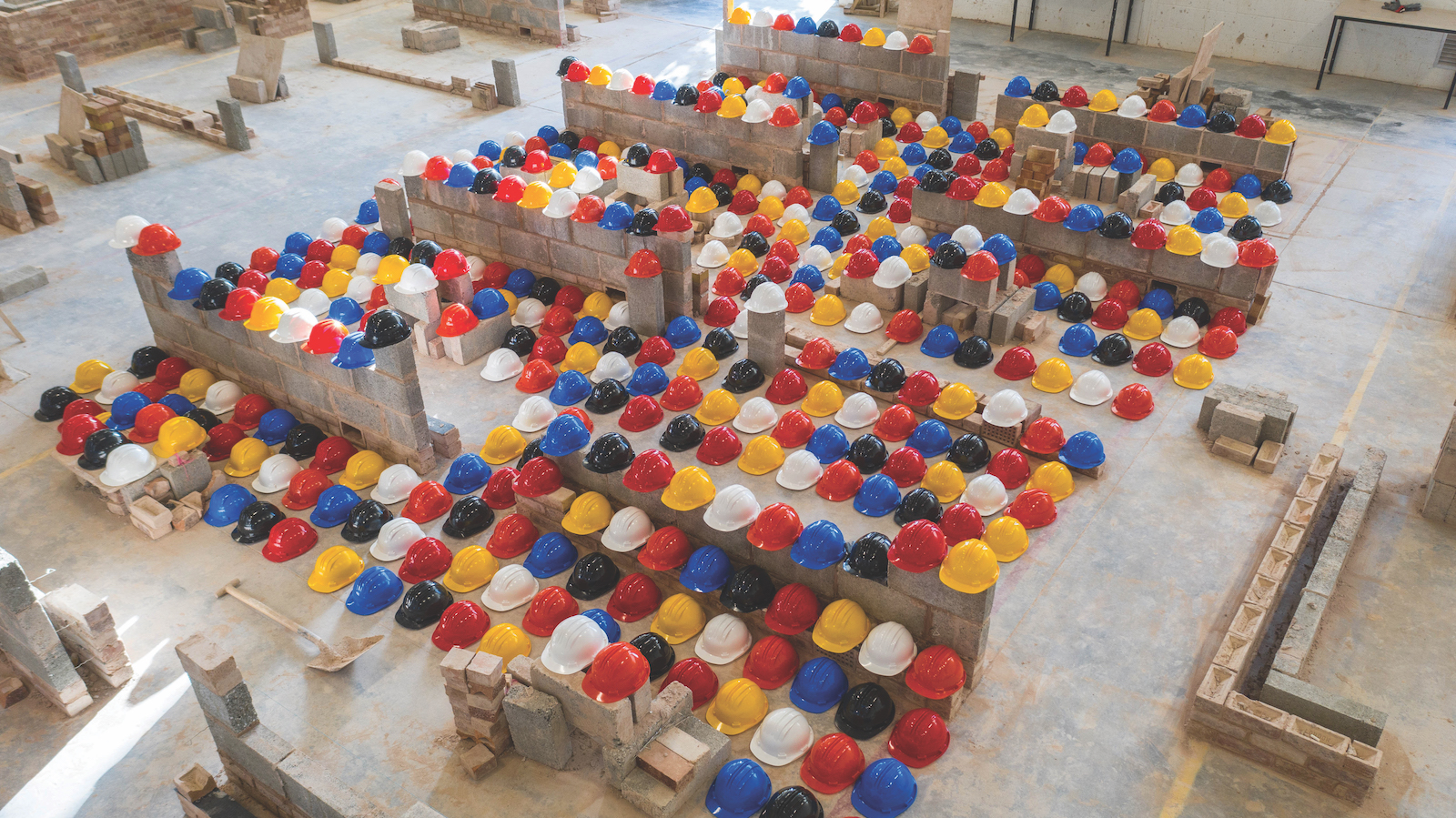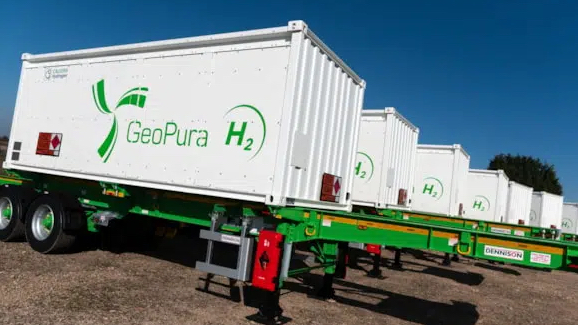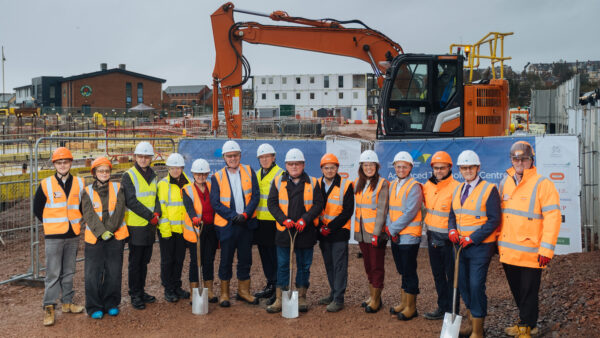
The rate of construction suicides is on the increase, according to a new study by Glasgow Caledonian University, commissioned by the Lighthouse Construction Industry Charity.
The study found that the number of suicides per 100,000 construction workers rose from 26 to 29 in the four years to 2019.
The data shows no change in historical ratios, with those in the construction industry three times more likely to take their own life than in other sectors.
The study also found that those working in non-manual occupations, such as managers and professionals, have lower rates of suicide, which have also seen an overall drop in rate from just under 7 in 2015, to just under 5 per 100,000 in 2019. However, unskilled workers, such as labourers, have seen their rate rise from 48 to just over 73 suicides per 100,000.
The research, led by Professor Billy Hare, has also helped develop a ‘dashboard’ that identifies measurable data on construction safety, health and wellbeing. It will be updated yearly, allowing industry organisations, policy makers and researchers to view trends, track the progress of industry initiatives, and inform future decision making.
Bill Hill, CEO of the Lighthouse Construction Industry Charity, said: “It is worrying that our support is not reaching the ‘boots on the ground’ workforce. This could be because about 53% of our workforce are self-employed, agency or zero hour contractors and we are simply not getting our message down the supply chain. Even more worrying is that these statistics are pre-pandemic so the full impact of this won’t be revealed until further data is released in October of this year.”
Professor Hare said: “This occupational group (unskilled workers) is usually higher than average for suicides, but the sharp rise and widening gap over the period analysed, in contrast to their non-manual colleagues, is concerning and may indicate recent initiatives are not reaching these more vulnerable sectors of the industry.”
The Lighthouse Construction Industry Charity has been providing free emotional and wellbeing support through three main channels including its 24/7 Construction Industry Helpline, a supporting helpline app and free wellbeing training. But the charity said it would “redouble its efforts” in light of the findings.










